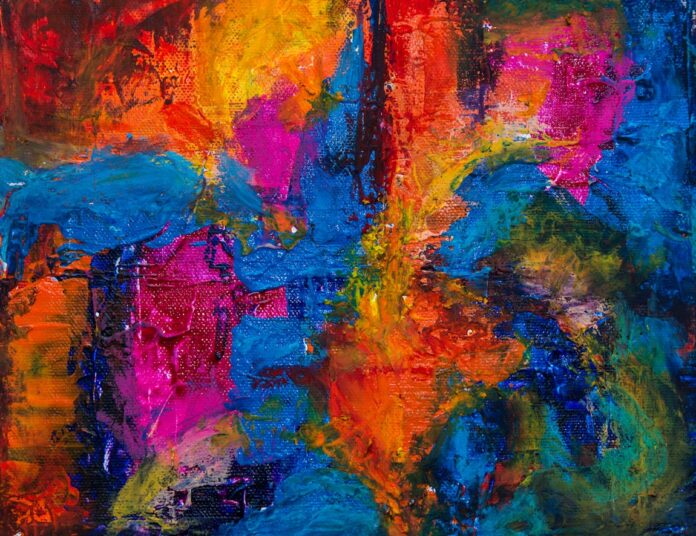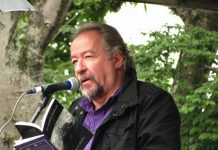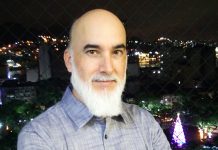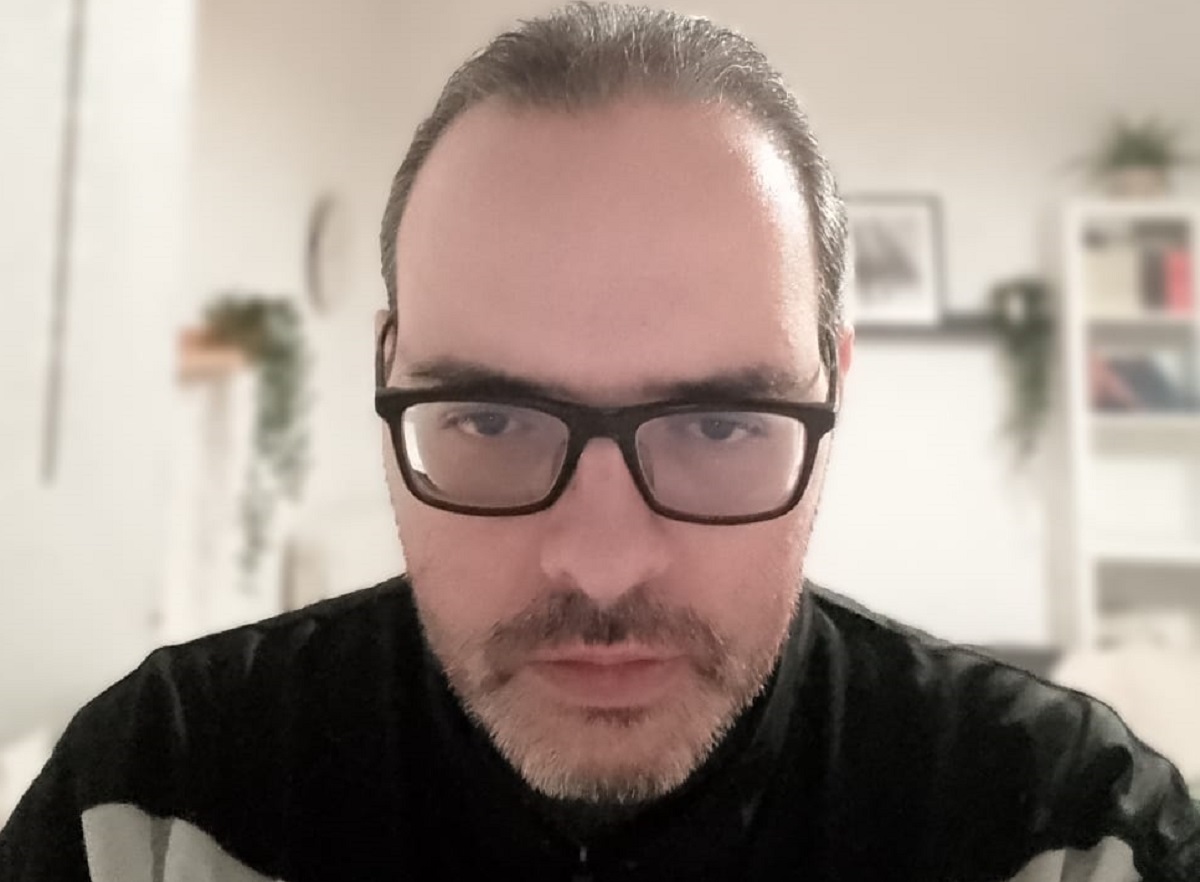Writing is normally considered a solitary vocation. It’s rare to find a couple writing together. How did you two become collaborators?
We married each other. Our work married with us. We both grew up on stories. We survived because of stories. We wouldn’t have achieved what we had to achieve in order to meet each other if it weren’t for stories. It’s only natural that storytelling should play a central in our married lives.
How does collaborative writing differ from solo writing? What is your process?
Collaborative writing brings us back to the point of origin from which every literary tradition set forth: oral storytelling. We tell each other stories all day long. We work out our stories in conversation before writing anything down. Once we’ve got words on paper, we read aloud to each other. When you’re writing alone, you’ve got to generate multiple voices in your head and put them into conversation with each other, but we’ve already got two voices between us. That produces a natural dialectic tension, from which narrative tension organically emerges.
Which authors have been most influential on your work?
For Itto, Dostoevsky, Sartre, and Moliere, the Arabic classics, and the indigenous Tamazight oral tradition from the Atlas Mountains of Morocco. For Mekiya, Vikram Chandra, Stephen Graham Jones, Ursula K. Le Guin, Arundhati Roy, Ayad Akhtar, Flannery O’Connor, Anton Chekhov, and Mohsin Hamid. And others. Many others. It’s impossible to name them all. We’re influenced by every text we read, everything we experience, everyone who crosses our paths.
You both grew up on the margins of your respective societies, Itto in Morocco, Mekiya in the US. How does that shared experience of being an outsider enrich your work?
Outsiders often see more clearly. What’s familiar to most people isn’t familiar to us, and when something is unfamiliar, you become more alert. You observe more attentively. Anything could be a threat, anything could be an opportunity, so you really have to pay attention. And when you pay attention, you notice things that others miss, or take for granted, or deliberately seek to obscure. Being an outsider, giving everyone and everything that you encounter that sustained attention, gets you beneath the surface, into the heart of things. You can only really write from the heart of things.
You write exclusively in English, and some of your stories take place in the US, but others are set in Morocco. The Moroccan stories feature both Arab and indigenous characters. The American stories revolve around immigrants as well as born citizens. How do you successfully juggle all those different cultural identities?
Two things are required: first, fluency in each of these cultural milieus; and second, the ability to translate between them and render the cultural presuppositions intrinsic to each setting legible to educated, Western, English-speaking readers. That sounds horrendously complicated, but it’s actually quite a lot of fun! It creates the potential for all sorts of conflicts, and conflicts are the essence of storytelling. When it comes to rendering those conflicts legible to English readers, our methods vary. Sometimes, we lean toward literal translation. Other times, we aim to approximate the atmosphere elicited by a comment or gesture. Sometimes, we try to make our characters’ rationales and motives explicit. Other times, we prefer to sprinkle in clues and trust that our readers will work out the cultural logic for themselves. All these moving parts give our stories their dynamism.
Your stories sometimes stretch the limits of credibility. Do you really believe that there are people in the world who behave as they do in your fiction?
No belief is required. We’ve met them. Most of our characters are composites, with elements drawn from various people who’ve passed through our lives. In our stories, it’s almost always the mundane that we have to invent, just to fill in the gaps. The larger-than-life parts, the unbelievable, the absurd—all that, we present as it actually happened.
You also run a business supporting authors. Based on your experience, what are the most serious challenges that contemporary authors face? What advice can you share?
People are isolated. Atomized. If you think of writing as a solitary vocation, that may not seem like a problem, but writing is storytelling, and stories are born of dialectic tension. These days, many writers are struggling to get past the smoke and mirrors, to dig into the heart of things—not because they’re incurious or incapable, but because they haven’t got anyone to bounce ideas off of, to legitimize their long-repressed instincts, to lend credence to their niggling doubts and suspicions. Of course, writers also face plenty of logistical problems—building platforms, securing funding, negotiating with partners and publishers, promoting their books, navigating the market, etc.—and we help with those things as well, but that’s all secondary. The first priority is to craft a book worth reading. That’s where we begin.
About the Authors
Mekiya Outini is an author, editor, and educator. His work has appeared or is forthcoming in Fourth Genre, Fine Lines, Southern Quill, The North American Review, The Coachella Review, Chautauqua, and elsewhere around the globe. He’s keen on international literature, classic and contemporary, and enjoys projects that involve any sort of cultural translation. He earned his MFA in fiction from the University of Arkansas, Fayetteville and his BFA in creative writing from the University of North Carolina, Wilmington.
Itto Outini is an author, book coach, public speaker, Fulbright Scholar, Steinbeck Fellow, and MacDowell Fellow. Her work has appeared or is forthcoming in Fine Lines, Jewish Life, The North American Review, The Fulbright Chronicle, and elsewhere around the globe. She holds an MA in journalism and strategic media from the University of Arkansas, Fayetteville, a BA in applied linguistics from Mohamed V University in Rabat, and an associate’s in English from Moulay Ismail University, Meknes.












